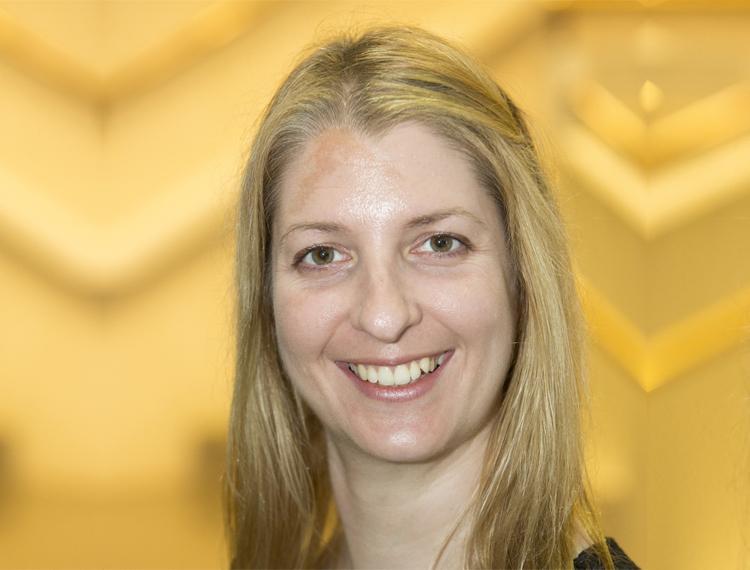This week, John Major and I gave our views on Brexit (and only one was covered in FE News)

It’s not often you’re asked to speak before the Prime Minister does on the topic of Brexit, especially in a week of big EU speeches.
So Wednesday was a big day to be in Parliament ahead of PMQs to give evidence to the Work and Pensions Committee on the importance of replacing European Social Funds (ESF).
It’s top of the employment support sector’s priorities and over the last year ERSA has kept it front and centre, from leading the Working Group with NCVO, to writing to the PM, meeting officials, publishing a report and, more recently, asking MPs to hold an inquiry.
This week’s Committee session was another milestone in what feels a long and important – and currently snowy – journey.
The Committee also called frontline providers to show both the human impact of ESF programmes and put the policy case for what comes next.
Bad Boys Bakery (Working Links) and AIM4WORK (Shaw Trust) demonstrate what’s possible on the ground, Pluss and Groundwork support many people with multiple complex barriers into work through ESF and all hammered home the urgency of not leaving a gap in provision after current programmes end.
MPs asked all the right, difficult questions – it’s not an easy topic and there are no ready-made solutions.
However, it is clear that:
- a successor fund focused on employment and skills support is needed when Britain leaves the EU,
- it should target disadvantaged communities and people often neglected by mainstream state provision and
- there isn’t much time so the government needs to work quickly on what happens next.
There’s an opportunity to take the best of previous programmes and design a world-leading initiative which works even better for communities, gets more money to the frontline and helps more people.
We can right the problems inherent in ESF by reducing bureaucracy and coordinating provision.
People need to be involved in developing their own services, as do City Mayors evidenced by the GLA achievements with ESF in London.
We can help smaller specialist providers with appropriate funding mechanisms and foster a multi-agency and multi-sector approach with shared outcomes to wrap support around people.
But until we know a rough shape of what’s to come – such as the size of the pot, what it might be mixed with, or whether there is even a pot at all – getting into details is made all the more difficult.
Hopefully the Committee of MPs will help us get to that next milestone more quickly, regardless of the weather.
Sam Windett, Head of Policy and Communications, ERSA











Responses